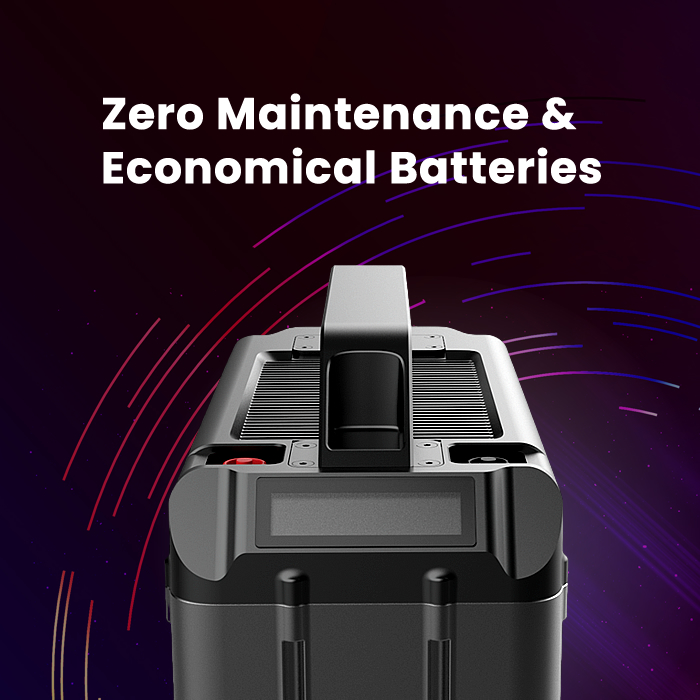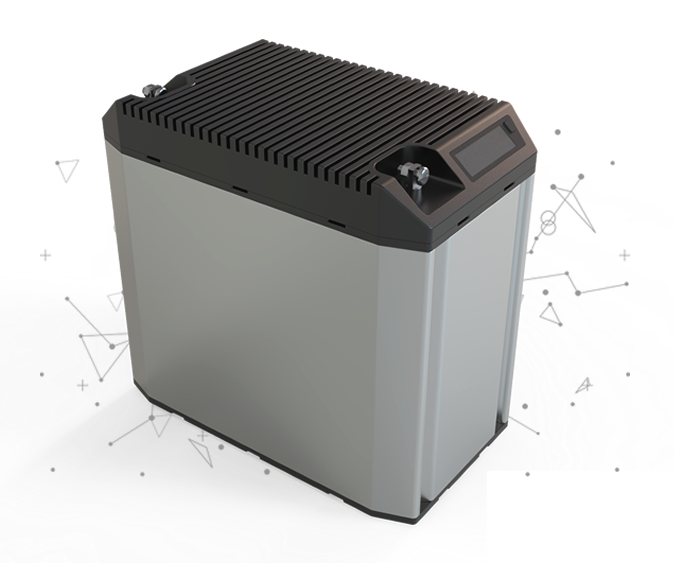Energy Sources for a
Sustainable Future
Brighter Tomorrow
Lithium batteries, also known as lithium-ion batteries (LIBs), are a type of rechargeable battery that has revolutionized portable electronics and is rapidly becoming the preferred power source for electric vehicles (EVs)
They offer several advantages over other battery chemistries, including:
High energy density
LIBs can store more energy per unit of mass and volume than other rechargeable batteries, such as lead-acid batteries. This allows for smaller, lighter, and more powerful electronic devices.
Long cycle life:
LIBs can undergo 500 to 1,500 charge-discharge cycles, which means they can retain a significant portion of their capacity for many years. This makes them ideal for applications where battery replacement is inconvenient or expensive.
Fast charging:
LIBs can be charged relatively quickly, making them suitable for devices that require frequent use.
Low self-discharge
LIBs have a low self-discharge rate, meaning they lose only a small amount of charge over time when not in use. This makes them convenient for storing energy for later use.
Why LFP chemistry
High energy density
Compact & Light weight for a given kWh capacity
Reliable
Low self-discharge losses and hence, the battery need not be in constant usage to maintain longevity.
Zero maintenance and economical
over the lifespan of the battery
Durable - LFP cells have cycle life
6000 cycles. For most common use cases, batteries will last over 10 years.
Ability to supply
high current (fast discharge) and configure for high voltage solution.

What is
BMS (Battery management system)
We at F8-Products, offer various BMS solutions like BMS with-out micro controller, BMS with micro controller, BMS with discrete cell balancers and Power Delivery Unit systems which can be configurable and scalable for High Voltage applications (EMS- Energy Management System)
BMS at all times (during its active state and standby state) computes State of Charge(SoC), Depth of Discharge(DoD), State of Health(SoH) with active and passive cell balancing methods that are derived from continuous supervision of the cells in the battery, applied to a robust filtering (and windowing) algorithm that yields a close accuracy inline to physical state of battery in operation.
BMS regulate and monitor cell voltage levels and pack voltages during charge & discharge at a predefined rate with a appropriate control over the temperature levels in an effective way, which help batteries to endure with out failure.
Batteries with BMS will have longer life span and reliability. It also has communication interface to continuously monitor key parameters and can be configured to communicate over protocols like UART(RS232 / RS485/RS422 etc..), CAN Bus 2.0, Ethernet protocols (like SNMP etc…)
Our BMS is designed for Industrial grade which can be used at harsh environmental conditions. Several temperature sensors are engaged to monitor and prevents the pack from thermal failures and run aways.
We engineer BMS with comprehensive protection thats is enabled for various Voltage and Current operation, warning and faults limits at cell level and pack levels. We also enable users to configure these limits as per the specific application.
This provides users an advantage with our products to scale the solution to various use cases and thus making our designs and products to be cell agnostic.
Our BMS solution ranges from 3S to 16S, with each cell voltage from 2.2V to 5.0V and pack Voltage ranging from 10V to 80V.
LFP Batteries Vs Lead Acid Batteries
Parameters
LiFePO4 (LFP)
Lead Acid
Certifications
BIS Certified (IEC 62133/IS 16046) |
UN 38.3 Cl No38.3.4.3 Test T.3 (TUV Lab) |

IEC 62619, IEC 62133
Will be an ordering option



